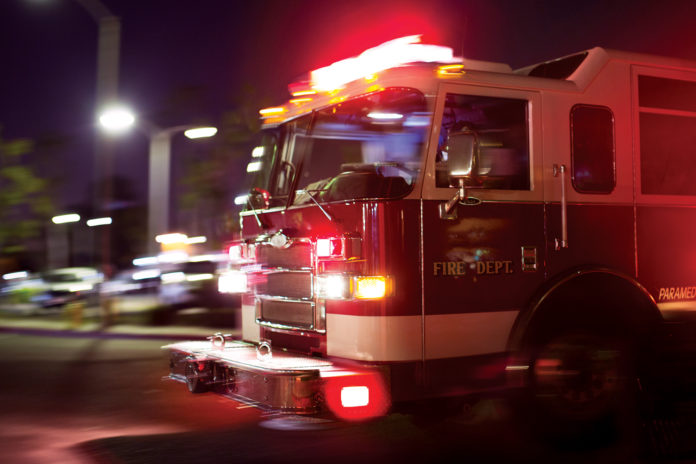For several years, North Carolina firefighters have sought changes to the state’s workers’ compensation system to create a legal presumption that certain cancers were caused by exposures related to their work.
It’s an understandable goal. Firefighters can be exposed to carcinogenic materials as a part of their job, and it is certainly a dangerous job. But the proposal would have created huge cost uncertainty for cities and towns, and would have required legislators to agree to workers’ compensation system changes that they have generally sought to avoid due to the potential consequences for both public and private employers.
With that in mind, the NC League of Municipalities began work with the NC State Firefighters Association in 2020 to seek an alternative that would not require changes to the workers’ compensation system. The alternative came to fruition this year when the General Assembly approved a budget provision that instead provides state-funded benefits, through insurance coverage, to firefighters upon a diagnosis of certain cancers.
The program is created as a pilot program, administered through the state Department of Insurance, but is likely to be extended on a permanent basis should it prove successful.
There is no reason to believe that it will not.
With a $15 million appropriation to cover two years, it would provide coverage to full-time and volunteer firefighters in the state.
Upon a diagnosis by a doctor, the program would provide firefighters $12,000 for out-of-pocket medical expenses and a $25,000 lump sum payment. For any time that the firefighter lost because he or she was out of work due to disability, it would pay full-time firefighters 75% of their monthly salary or $5,000, whichever is less, while volunteer firefighters would receive $1,500 a month.
Although some groups had initially argued that workers’ compensation changes were needed, the NC State Firefighters Association recognized that the plan that was adopted offered advantages, making that clear to its members. The result was that all groups came together to support that plan that passed.
According to the association, it was the “best achievable option for passage to provide financial protection for firefighters with cancer.”
In addition to the cost certainty that the plan brings to taxpayers, the advantages for firefighters over a workers’ compensation change include the immediacy of receiving benefits and avoiding potential litigation.
Here’s why that is a big advantage: the proposed change to the workers’ compensation system would have shifted the legal presumption regarding who must prove whether or not the work exposure caused the cancer. Right now, under current North Carolina law, the person bringing the claim—in this case, the firefighter—must prove that their work caused the cancer in order to qualify for benefits. The proposed change would require the public employer to prove that the work exposure did not cause the cancer in order to deny the benefits.
 In theory, that change may sound positive for firefighters and their advocates. The history in other states that switched the legal presumption doesn’t necessarily show that. Instead, litigation continued; benefits, when granted, were delayed.
In theory, that change may sound positive for firefighters and their advocates. The history in other states that switched the legal presumption doesn’t necessarily show that. Instead, litigation continued; benefits, when granted, were delayed.
So, more recently states including South Carolina and Georgia have followed a path similar to the North Carolina legislation. The result is that benefits flow to those firefighters diagnosed with certain cancers upon that diagnosis and will not face the prospect of a claim denial and then potential costly litigation that delays benefits. They will get these benefits when they need them.
By ensuring all firefighters through an insurance policy, that means much more cost certainty.
It is important to keep in mind that these are benefits beyond those paid by the standard, employer-provided health insurance to cover treatment, but instead are to pay for lost time on the job and out-of-pocket costs.
The passage of this legislation will mean a needed financial cushion for any firefighter and their family as that person faces their battle with cancer. It also represents a workable solution supported by cities in their advocacy goals and one that shows how advocacy organizations can work together to come to a better solution.












